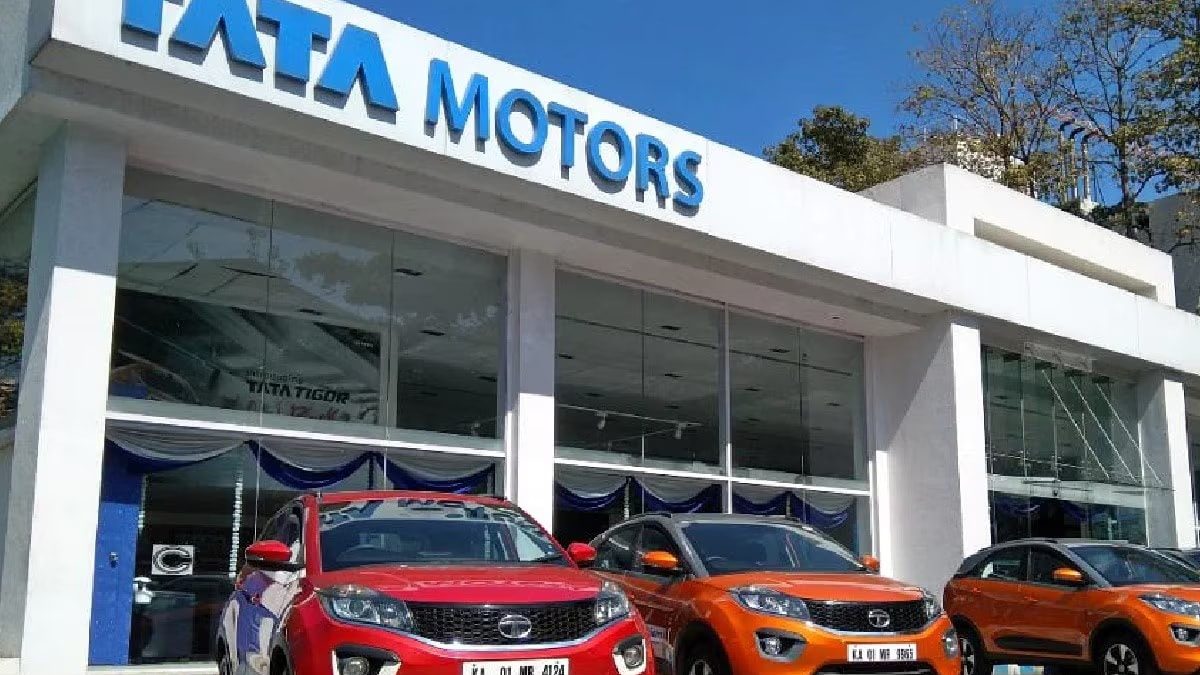Tata Motors’ consolidated Q4FY25 earnings offered a mixed bag, with Citi highlighting a stronger-than-expected EBITDA performance driven by India commercial vehicles (CVs) and Jaguar Land Rover (JLR) outperformance, even as concerns loom over future demand amid geopolitical and economic uncertainties.
The auto giant reported consolidated revenue of ₹1.19 lakh crore, down 1% year-on-year, largely in line with street expectations. Consolidated EBITDA came in flat at ₹16,992 crore versus ₹16,993 crore a year ago, but ahead of consensus estimates of ₹16,539 crore. The EBITDA margin remained steady at 14.2%, beating the 13.4% poll estimate.
What worked for Tata Motors, according to Citi
Citi attributed the EBITDA beat to three key drivers:
-
A marginal beat in JLR EBITDA, despite a reduction in average selling prices (ASPs).
-
Stronger-than-expected India CV EBITDA, owing to healthier ASPs, which helped offset revenue decline.
-
Improved gross margins in the India PV segment, despite a 13% YoY revenue drop.
India CV revenue fell a modest 0.5% YoY — a better outcome than the 5-6% decline projected — while India PV revenue dropped 13%, worse than expectations of a 6-8% fall.
For JLR, Q4 EBITDA margin stood at 15.3% versus 16.3% a year ago, and largely in line with the 15.2% estimate. JLR also closed FY25 at the lower end of its EBIT margin guidance of 8.5% or higher, indicating execution discipline amidst external pressures.
Caution ahead: JLR faces global headwinds
While Europe continues to show strong demand and the UK market is recovering, Citi flagged the management’s cautious tone on the JLR outlook. Tata Motors refrained from issuing forward guidance amid uncertainty surrounding potential US tariffs on Chinese-made EVs and luxury vehicles, which could disrupt supply chains and pricing strategies globally.
“JLR’s demand trajectory in FY26 will hinge on tariff resolutions and broader macro-economic developments. There is still headroom in overseas markets, but risks remain,” Citi noted.
India CV outlook strong, but PVs face hurdles
Citi observed that management remains optimistic about the India CV business, citing pricing resilience and infrastructure tailwinds. However, the India PV segment — particularly EVs — could face near-term headwinds due to intensifying competition and shifting customer sentiment.
Tata Motors’ ability to maintain profitability in its electric passenger vehicle portfolio while scaling production and navigating subsidy transitions will be critical in FY26, the report suggested.


